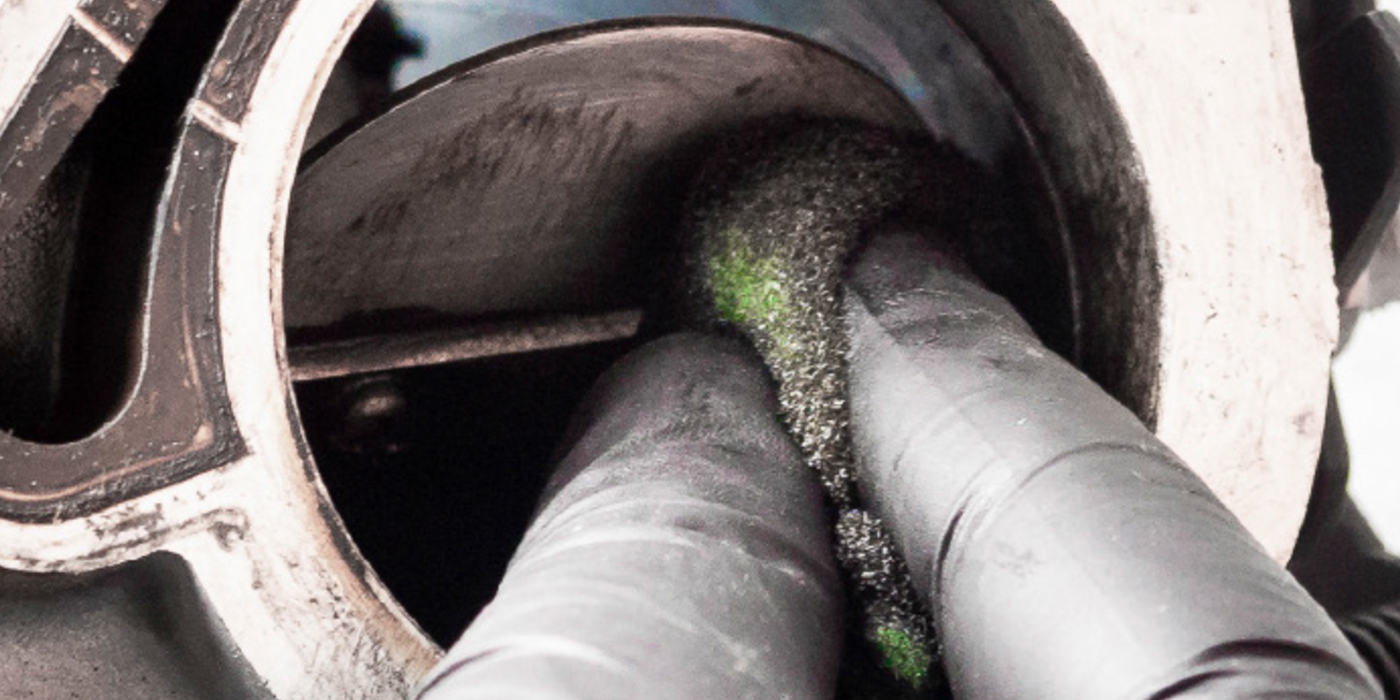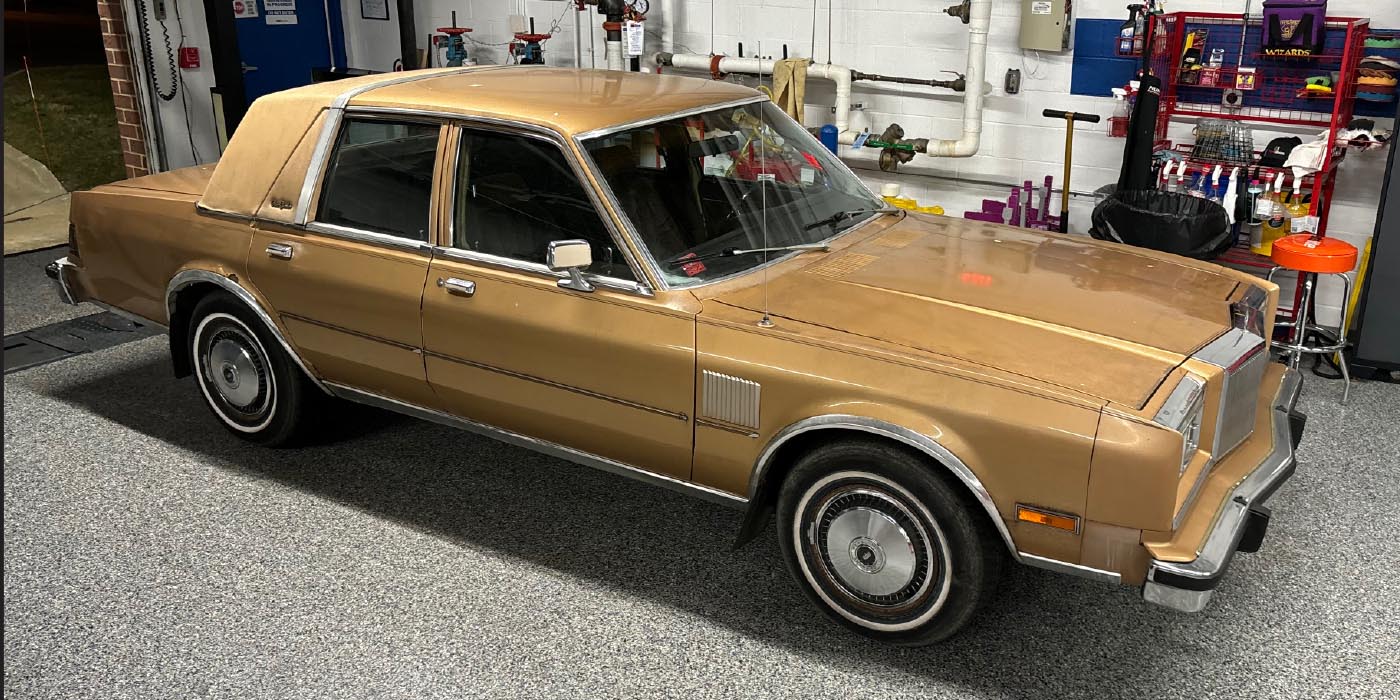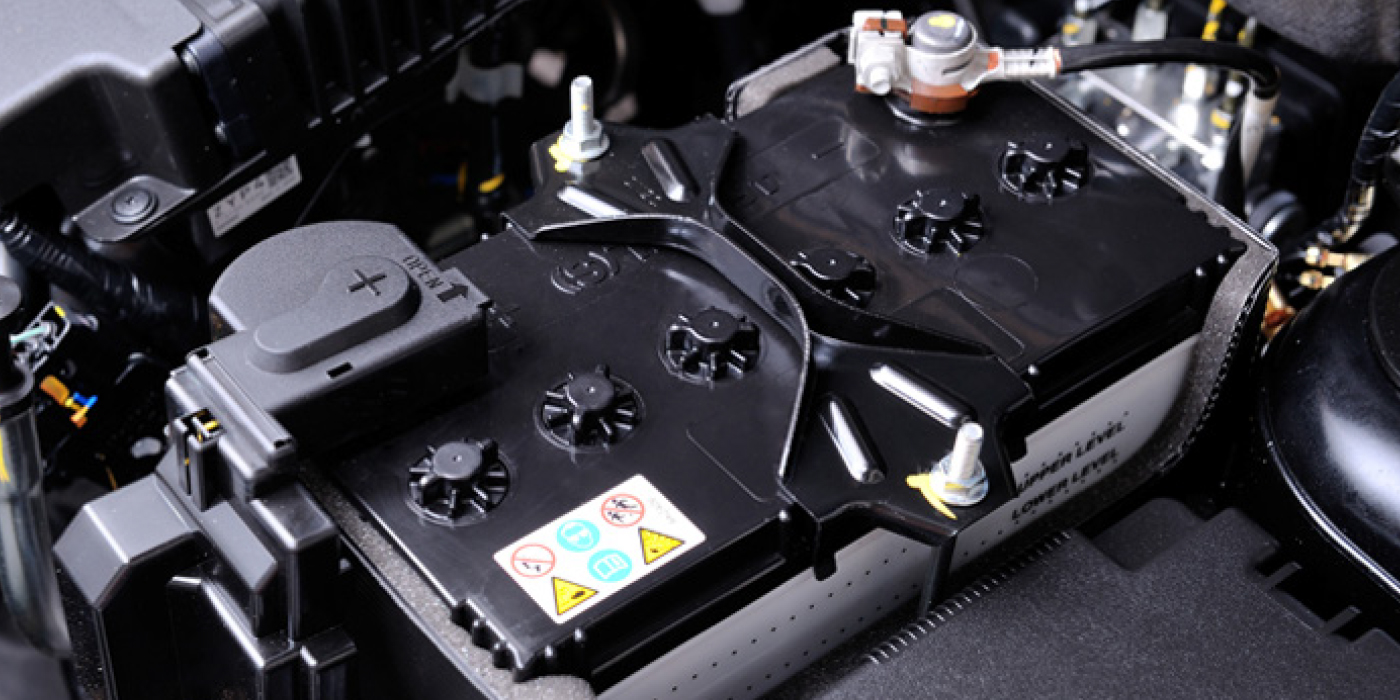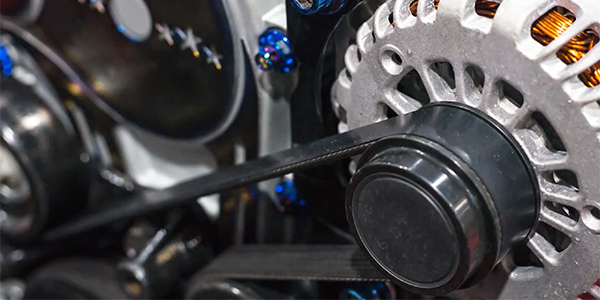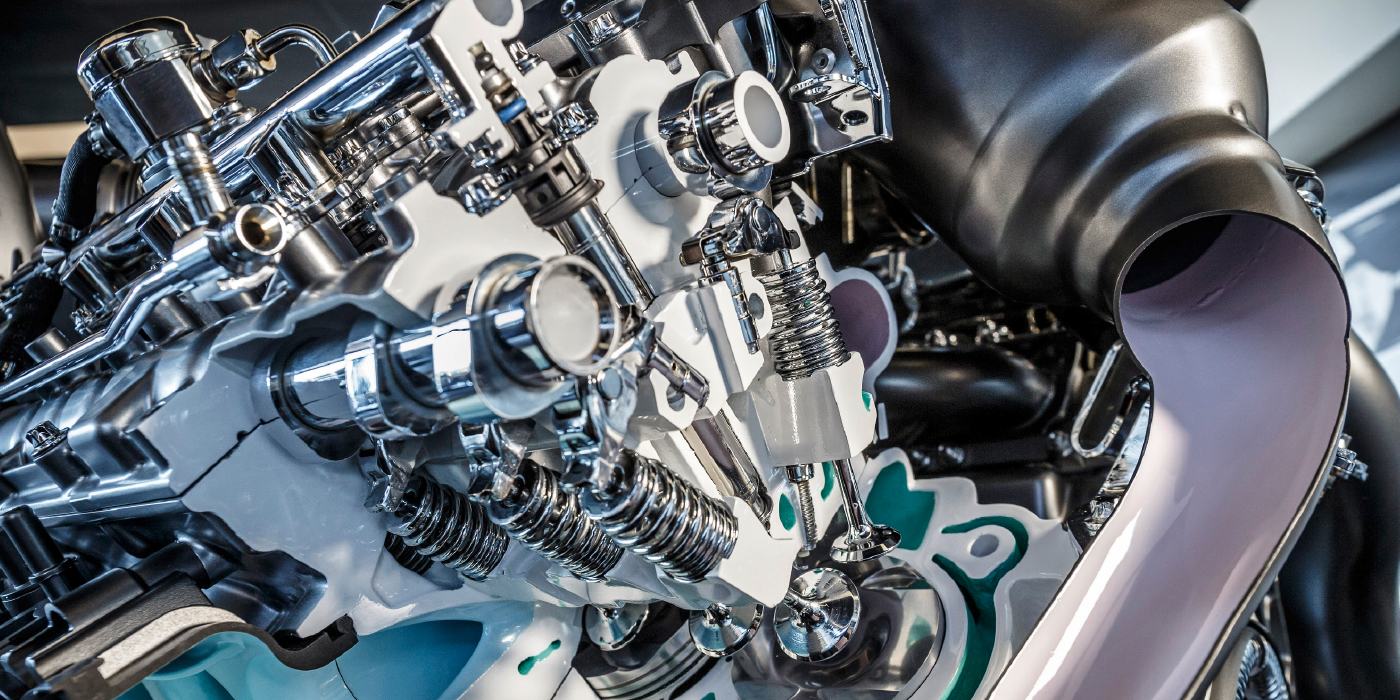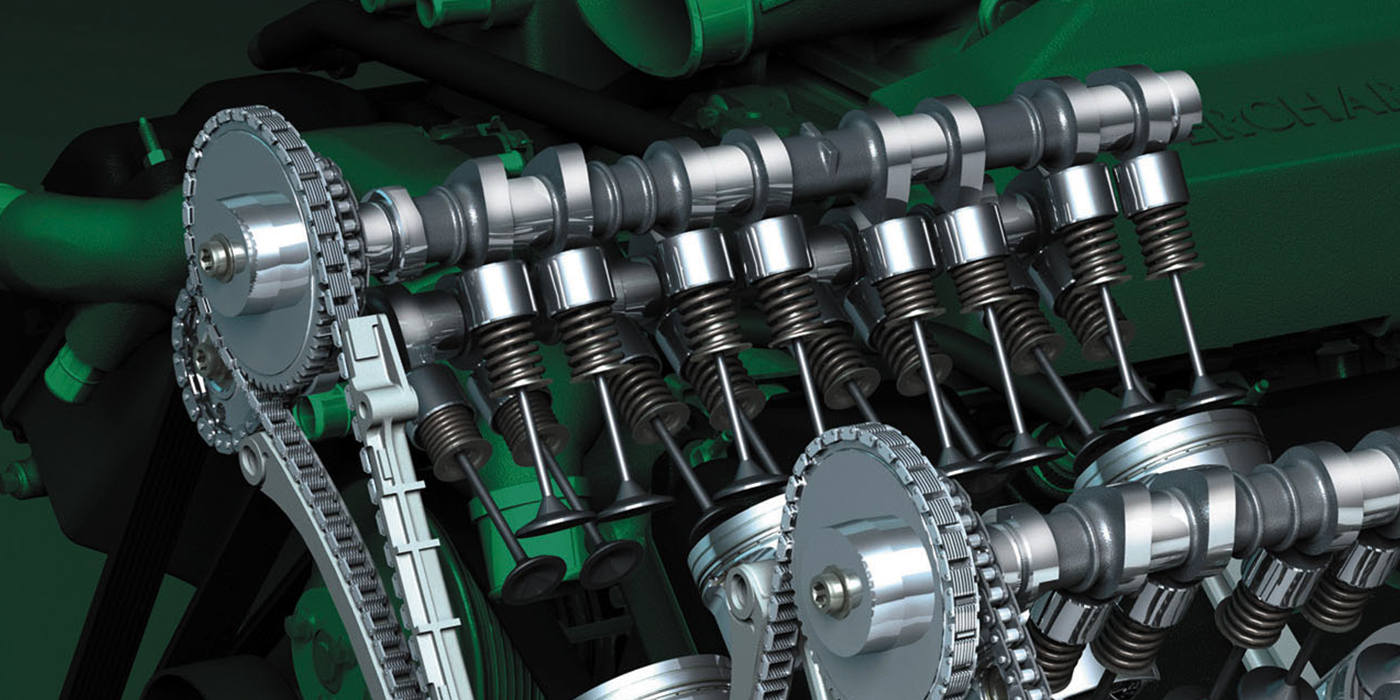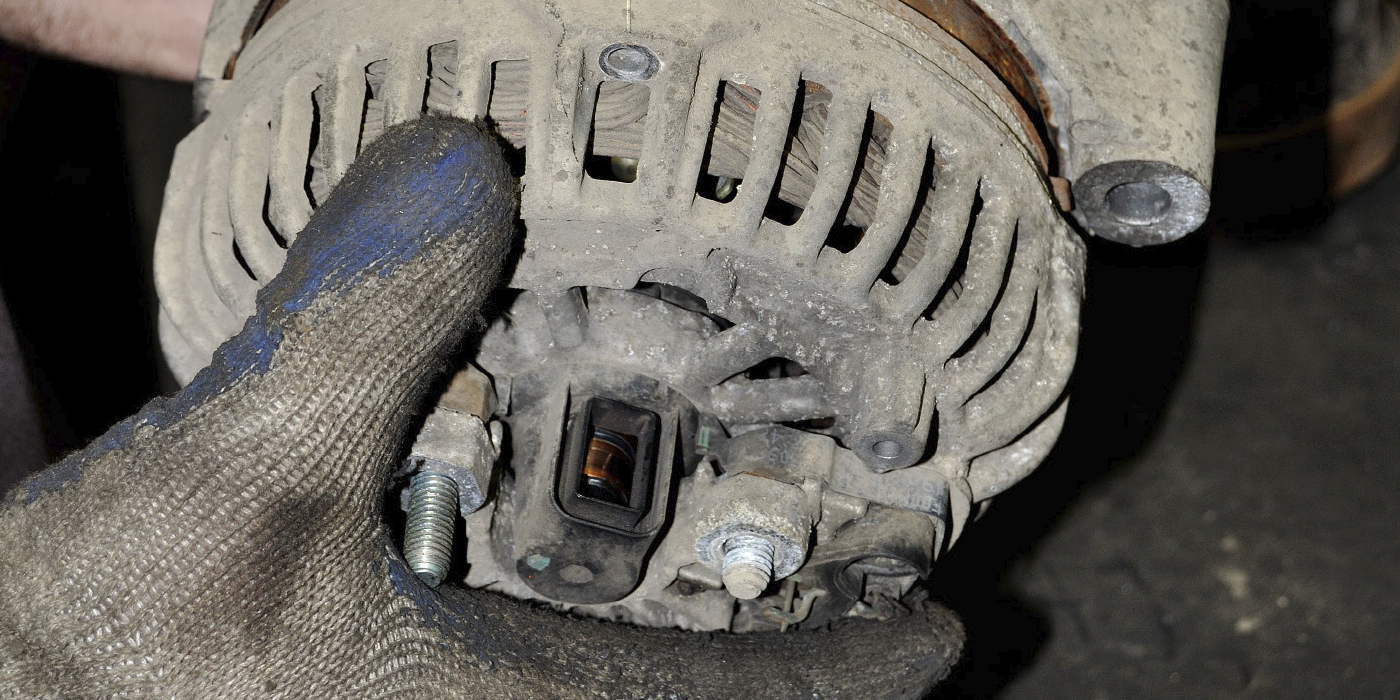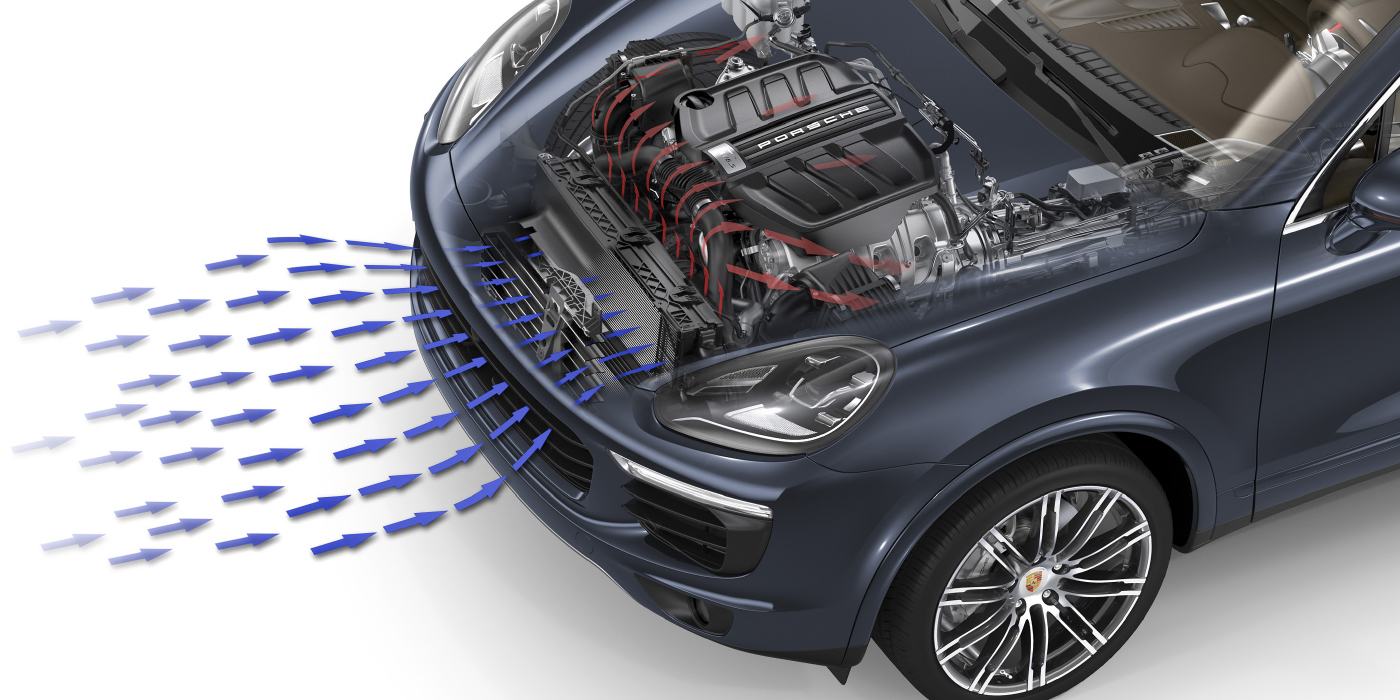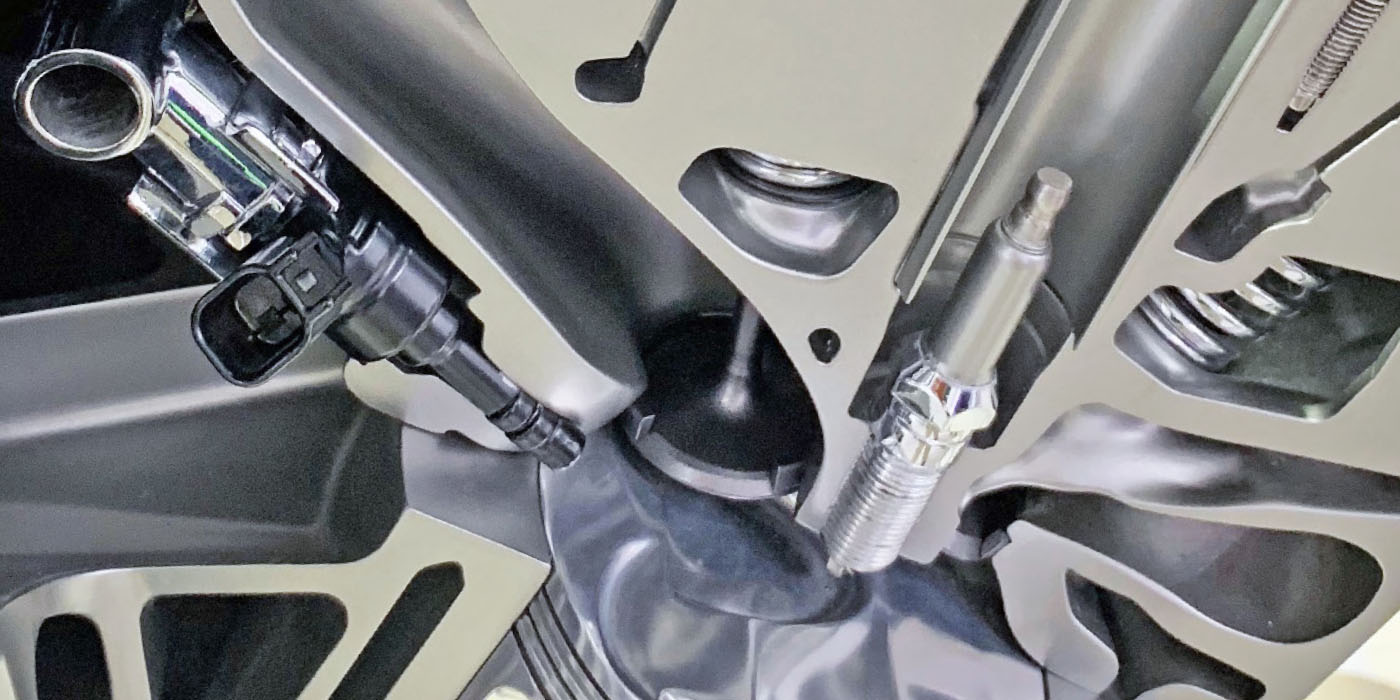Across the country, more and more Americans are adjusting their lifestyles to become more “green” — whether carrying their groceries in re-useable shopping bags, recycling the plastics, glass and paper from their garbage, or using a non-disposable water bottle with a built-in filter to cutback on disposable water bottles.
This emphasis on reusing resources also is showing up in the way motorists buy motor oil.
Today, there are three national motor oil suppliers that recycle used motor oil into useable — and high-quality — products.
“Using re-refined (or recycled) oil cuts fossil fuel use, lowers greenhouse gas emissions and reduces harmful environmental impacts on our nation’s waterways,” said John Wesley, chief executive officer of Universal Lubricants (www.universallubes.com).
 He said using his company’s re-refined motor oil provides American drivers the performance and reliability they expect in high-quality motor oil, while at the same time having one of the highest percentages of recycled oil content.
He said using his company’s re-refined motor oil provides American drivers the performance and reliability they expect in high-quality motor oil, while at the same time having one of the highest percentages of recycled oil content.
In March, the company hit the 1.5 million gallon production mark, showing that there is a niche for re-refined oil in the market.
According to Universal Lubricants, the U.S. produces approximately 1.3 billion gallons of used oil each year, and yet only 10% of it is re-refined. The rest of the used oil is either improperly disposed of (which is bad for the environment) or burned as an industrial/heating fuel and is literally gone forever.
Companies like Universal Lubricants, Valvoline and Safety-Kleen say they are dedicated to reversing this trend and want to see more re-refined oils used.
Valvoline, which recently announced its re-refined product via a webcast with the automotive media, said it selects only the highest quality recycled base oils for its NextGen brand — those that match premium base oils.
Then, the company re-refines it through the same processes used for refining crude oil. Valvoline chemists said they also add Valvoline’s unique formulation to create a motor oil that surpasses all the latest API
specifications.
Made from 50% recycled oil, Valvoline chemists say that the NextGen (www.nextgenmotoroil.com) brand reduces the need for new drilling and crude oil refining.
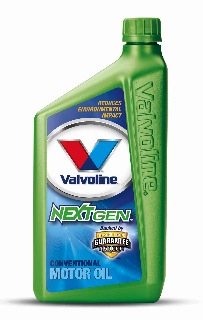 “NextGen motor oil is the culmination of years of continued research, technology and innovation from Valvoline scientists coupled with improvements in the oil re-refining process,” explained Sam Mitchell, president of Valvoline.
“NextGen motor oil is the culmination of years of continued research, technology and innovation from Valvoline scientists coupled with improvements in the oil re-refining process,” explained Sam Mitchell, president of Valvoline.
Mitchell said Valvoline chemists now have the ability to develop a high-performance product (using 50% recycled oil) that matches the quality of other Valvoline motor oils (that use non-recycled base oil).
Mitchell said being an independent oil producer was helpful in the company’s quest to look outside the realm of using only virgin crude in its product.
“We are an independent motor oil company, meaning that we do not drill our own oil like our major competitors do. This frees us to explore new and innovative ways to conserve this precious resource,” he said.
“Unlike vertically integrated oil and energy companies, our sole focus is motor oil, so we are constantly looking to innovate and bring the highest-quality motor oil products to consumers.”
In the past, used oil was recycled through acid-clay treatment that removed only some contaminants, but the quality was not suitable for oil suppliers.
But, today’s oil recycling utilizes hydro-treating and distillation techniques to remove contaminants and used-up additives. This process results in recycled base oils that can have the same quality and performance as base oils made from virgin crude.
“Only now does the technology exist to make recycled oil that meets its high performance standards,” Mitchell said. “The fact that NextGen helps reduce everyone’s carbon footprint is really just perfect timing.”
Safety-Kleen, which markets its own brands of re-refined motor oils — ECOPOWER and America’s Choice, (www.safety-kleen.com), said its premium-grade motor oils are formulated exclusively from 100% highly re-refined base oils and performance additives.
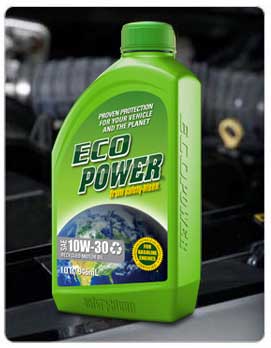 According to Safety-Kleen representatives, using re-refined products represents a responsible choice for motorists. In fact, Safety-Kleen reports that laboratory tests on finished lubricants cannot determine any difference between the highly re-refined base oil and virgin crude base oil.
According to Safety-Kleen representatives, using re-refined products represents a responsible choice for motorists. In fact, Safety-Kleen reports that laboratory tests on finished lubricants cannot determine any difference between the highly re-refined base oil and virgin crude base oil.
Oil Can Be Re-Used
Since base oil doesn’t completely wear out — it simply gets dirty — used oil can be re-refined and re-used.
Finished motor oil is generally made from 85% base oil and 15% additives. As oil goes through the drain cycle in the engine, it’s the additives that wear out. At the same time, contaminants like fuel, metals and sludge build up in the oil. However, the vast majority of oil molecules do not breakdown and are fully usable.
Today’s re-refining technology has advanced significantly and now follows a technical process almost identical to that used for crude oil refining. The manufacturing process also offers environmental benefits, lessening the carbon footprint (versus crude refining) while producing base oil just as good as crude.
According to recycled oil manufacturers, it takes one gallon of used motor oil to create about 3 quarts of re-refined oil. So, if all motor oil in the U.S. were re-refined, there would be enough re-refined oil to maintain about 8 million vehicles each year.
Motorists’ Motor Oil Myths
Few Americans debate the critical importance of oil and the benefits of using our existing resources. In a recent survey from Valvoline, American consumers acknowledged that oil is both an important (60%) and valuable (57%) resource, and overwhelmingly agree that the United States relies too heavily on other countries for oil (95%).
Despite their awareness of the issue, their understanding of how to protect and preserve our existing oil is limited.
For instance, nearly seven in 10 people found the motor oil recycling process to be more confusing than filing their income taxes.
Further, 41% of Americans falsely believe that motor oil can be recycled only once, and 35% of Americans are unaware that motor oil can be recycled at all.
Valvoline said it is committed to illuminating the connection between conservation and motor oil recycling to spur action that makes a difference.
Wesley said his company’s ECO ULTRA re-refined motor oil has received great marketplace acceptance among professional installers in the fleet industries, and believes consumers are now ready for it. “We are now moving the product into retail channels,” he said in March.
Valvoline’s NextGen conventional, high-mileage and synthetic-blend oil variants began showing up in major automotive retailers back in April. In the spring, the company said NextGen oil changes were offered as an option at more than 500 Valvoline Instant Oil Change locations, and that more of its service centers will be adding the option this summer.
Obviously, changing motorists’ perception on recycled motor oils is going to take a lot of work. And most likely, this will start with the service technicians and counter people at auto retailers who answer the consumer’s questions.
As more people, especially the younger generations, become proponents of better environmental and recycling practices, the trend of using recycled motor oils will continue to grow. And, you may see a few new companies launch similar products in the near future.
Tech Talk
Send us your feedback: What are your thoughts about re-refined oil? Have you used re-refined motor oil in your vehicle or in a customer’s vehicle? E-mail us at [email protected] or comment in the space below.


